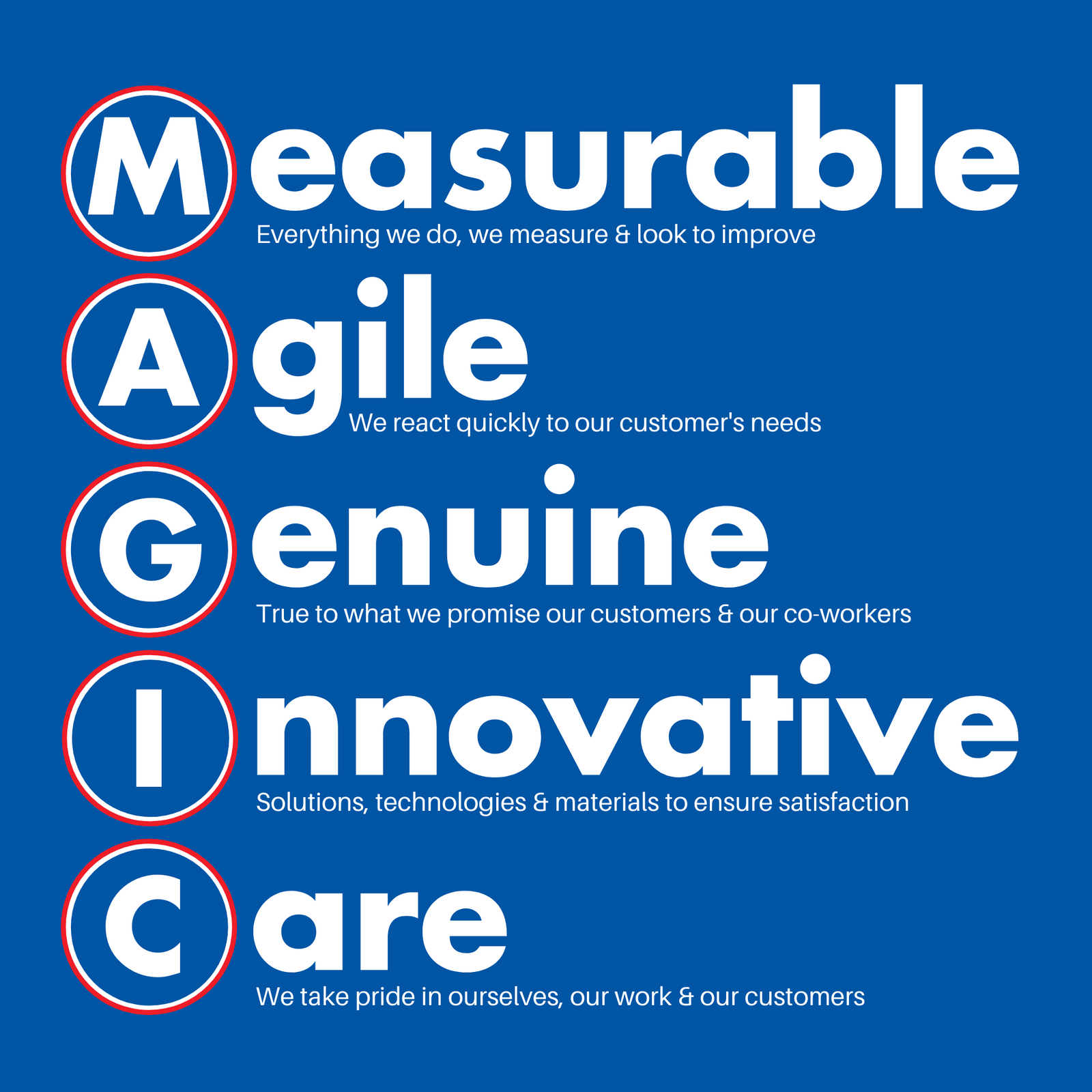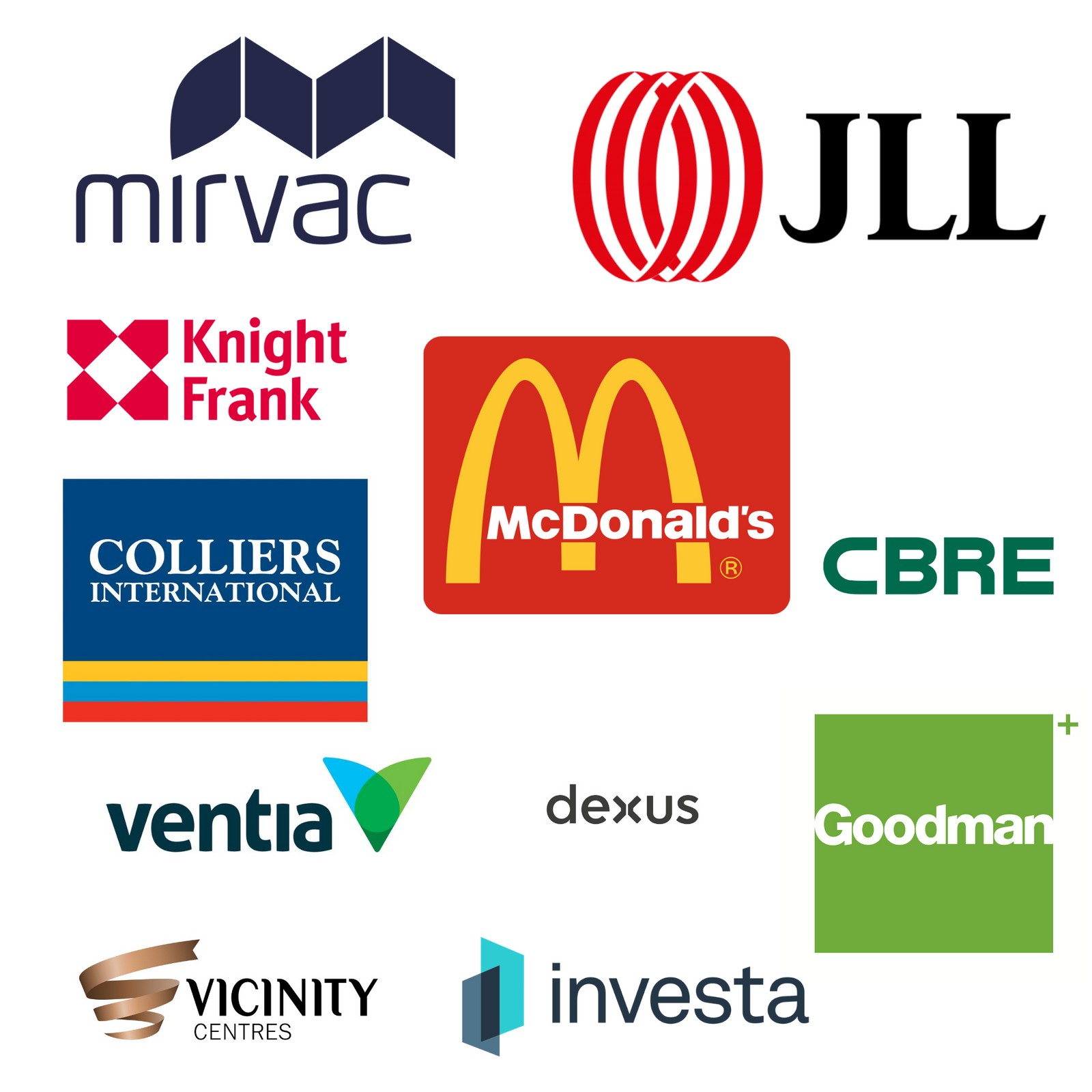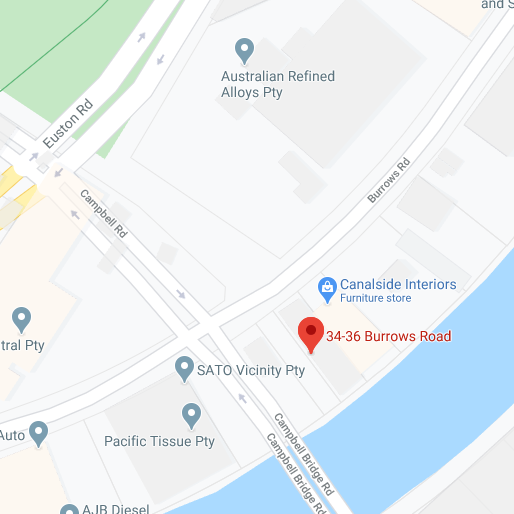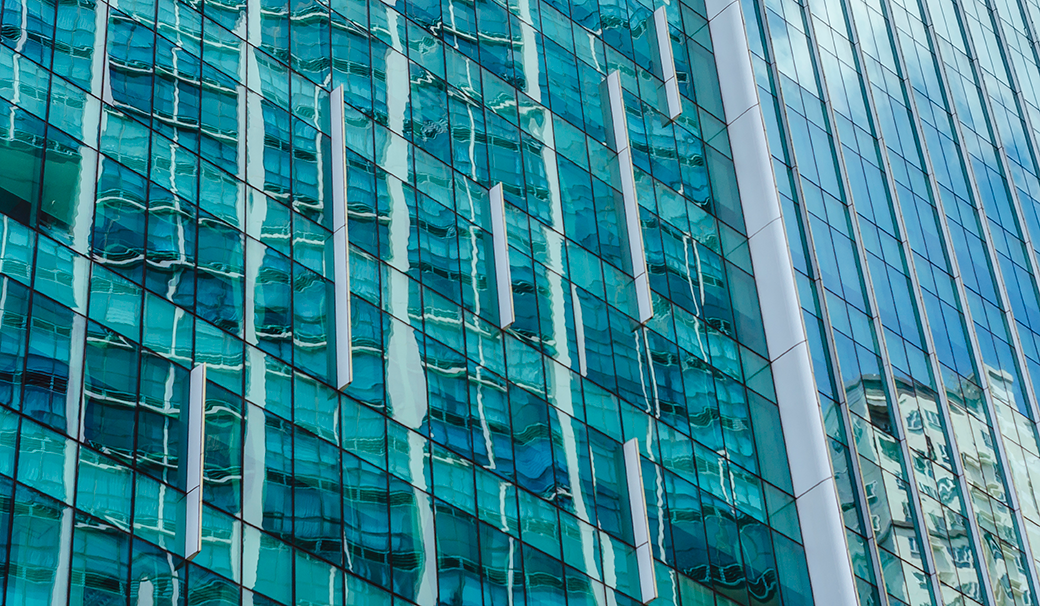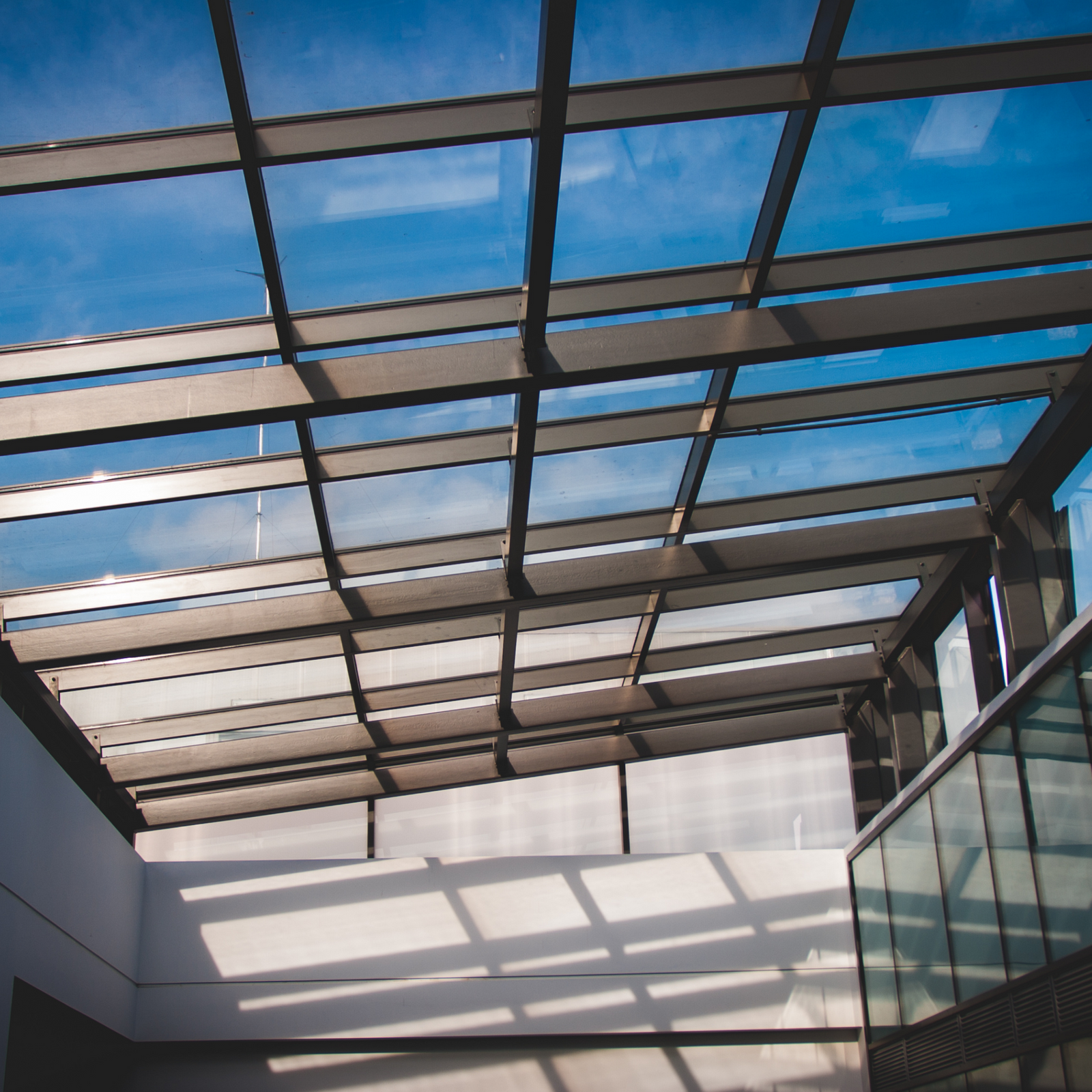Glass Blog
Cladding systems are external wall systems that can be applied to the outside of buildings. They are used on both residential and commercial buildings, and offer numerous benefits including additional structural protection, noise and heat insulation, and improved aesthetics.
There are several different types of cladding, all of which have various pros and cons. Read on to find out about 6 of the most common types of cladding.
Vinyl Cladding
Due to its high durability, visual appeal, and low-cost, vinyl cladding is very popular in and around Sydney.
Made of a mix of PVC and other materials, vinyl cladding typically comes in the form of horizontally-placed panels. These panels can also be fitted with additional layers of insulation, allowing for greater thermal control within the building.
Compared to alternative cladding options, vinyl is considerably more lightweight, allowing panels to be completely flexible when covering a building. They are also available in countless colours, allowing for greater design versatility.
Timber Cladding
Timber is another popular material choice for cladding. It allows for an aesthetically pleasing finish as well as improved thermal insulation. Timber cladding is also eco-friendly and a great way for building owners to reduce their carbon footprint.
Timber cladding can, however, be costly and tricky to maintain. You’ll likely need to re-paint or re-stain your timber cladding every 3-5 years and take extra care to protect it from pests and rotting.
Stone Cladding
Stone cladding is more common for residential buildings rather than commercial buildings. It provides an elegant, luxurious finish for homes and is easy to maintain and highly effective in preventing moisture from getting in.
The main drawback of stone cladding is that it can be extremely expensive. Both material costs and labour/installation costs are very high.
Metal Cladding
Metal cladding, particularly aluminium cladding, is another very popular choice in Sydney. It provides a shiny and contemporary look for both residential and commercial buildings.
Metal cladding is popular because it’s versatile, easy to work with, lightweight, low-maintenance, cost-effective, and energy efficient. It is, however, susceptible to denting and is a poor sound insulator.
Brick Cladding
Brick cladding is another great option for adding a stylish touch to your building’s exterior. It is highly versatile when it comes to design, allowing for colour and textural customisation.
As brick is a very sturdy material, it provides a high level of protection against the elements and is very easy to maintain.
The installation of brick cladding can incur high labour costs, however, so it is one of the more expensive cladding options.
Glass Cladding
Last but not least, we have glass cladding. This type of cladding is most commonly used on commercial buildings to boost aesthetics and provide a modern and unique feel. It is also a great thermal insulator, requires little maintenance, and is capable of withstanding harsh weather conditions.
Glass cladding can, however, be expensive to install and clean, and is unsuitable for earthquake-prone areas.
For all your cladding installation, replacement, and maintenance needs, get in touch with Magic Glass. Our dedicated Rope Access Division can offer cost-effective and discrete cladding services for all buildings of all heights.
- Architectural Glass Solutions
- Building Maintenance
- Commercial Glass Installation
- Commercial Glass Replacement
- Commercial Glass Services
- Commercial Glazing
- Custom Glass
- Facade Services
- Glass Installation
- Glass Projects
- Glass Solutions
- Hi-Rise Glass
- High Rise Glass Services
- Rope Access
- Sydney Glass Company


